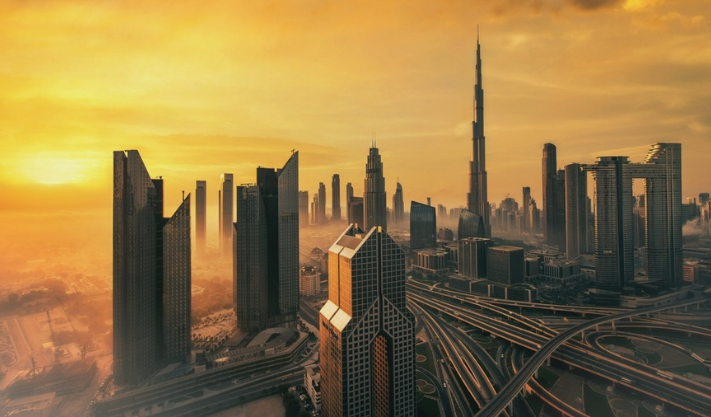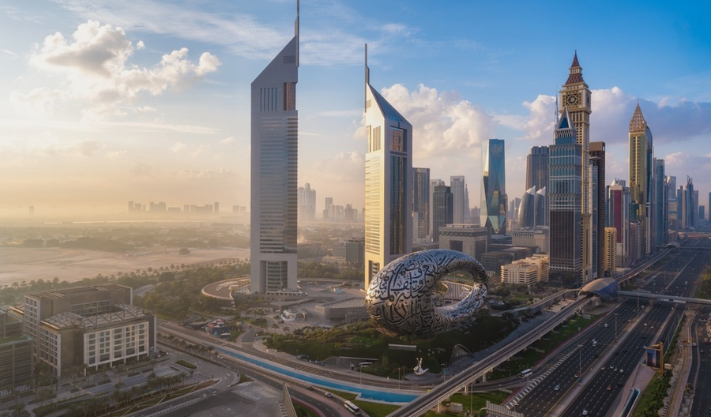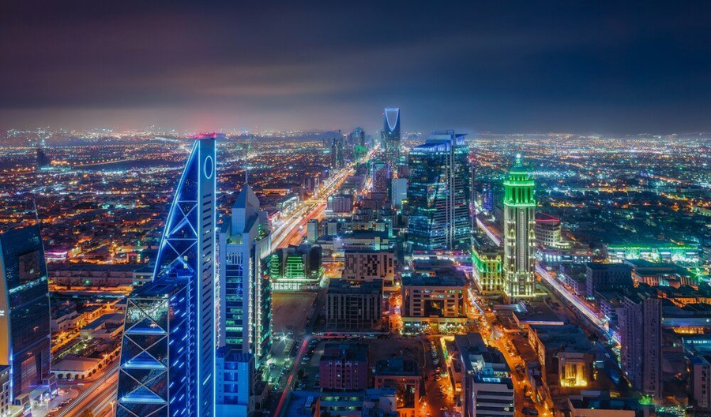Egypt and Russia Speed Up Russian Industrial Zone in Suez Canal Area
Egypt and Russia are moving quickly to strengthen economic ties by pushing ahead with the long-awaited Russian Industrial Zone (RIZ) in the Suez Canal Economic Zone, officials said on Tuesday.
Russian Industrial Zone in Egypt
The zone will be linked to six major seaports that handle about 20% of global container trade. It will also have strong road, rail, and port connections, plus tax and customs benefits, according to Russian Deputy Prime Minister Alexey Overchuk. He said the project could help Russian companies expand into Egypt and wider African markets.
The zone is expected to attract businesses in sectors like pharmaceuticals, agriculture, automotive, and machinery. Overchuk stressed that Russian companies should explore these opportunities, especially with the tax breaks, customs advantages, and project support available.
Some anchor investors are already considering joining, but full development will depend on infrastructure work and official approvals. Preparations such as utilities, transport links, and marketing usually take two to three years, Overchuk told reporters.
Egypt-Russia Talks
During his visit, Overchuk met Egyptian Prime Minister Mostafa Madbouly in the New Administrative Capital. They reviewed joint projects and prepared for the Russia-Africa Partnership Forum, which will be held in Cairo this November.
According to Egyptian officials, talks also covered progress on projects agreed during the May summit between Presidents Abdel Fattah El-Sisi and Vladimir Putin. These include the El Dabaa nuclear power plant, energy, tourism, transport, water desalination, agriculture, food security, and mining—alongside the RIZ.
Overchuk later visited Ain Sokhna, where the RIZ will be built on 50 hectares within the Suez Canal Economic Zone.
Background
In May, Egypt and Russia signed a land-use deal giving Moscow long-term rights to the site, along with a three-year grace period to attract companies. Businesses in the zone will enjoy benefits such as exemption from import duties on equipment, no VAT on inputs, and a 50% tax cut on profits for seven years. Goods made there will also get “Made in Egypt” status and duty-free access to countries with trade agreements with Egypt.
Published: 18th September 2025
For more article like this please follow our social media Twitter, Linkedin & Instagram
Also Read:
Dubai Investments to Sell 25% of Real Estate Unit in IPO
QIA to Invest $500M in Canada’s Ivanhoe Mines
The Role of a CEO in the Middle East’s Rapidly Growing Economy





